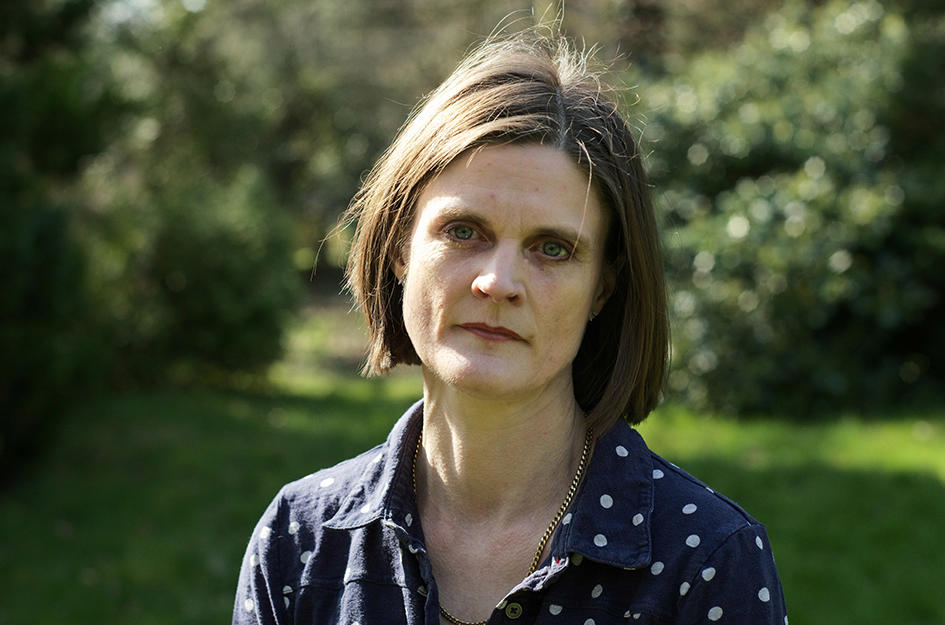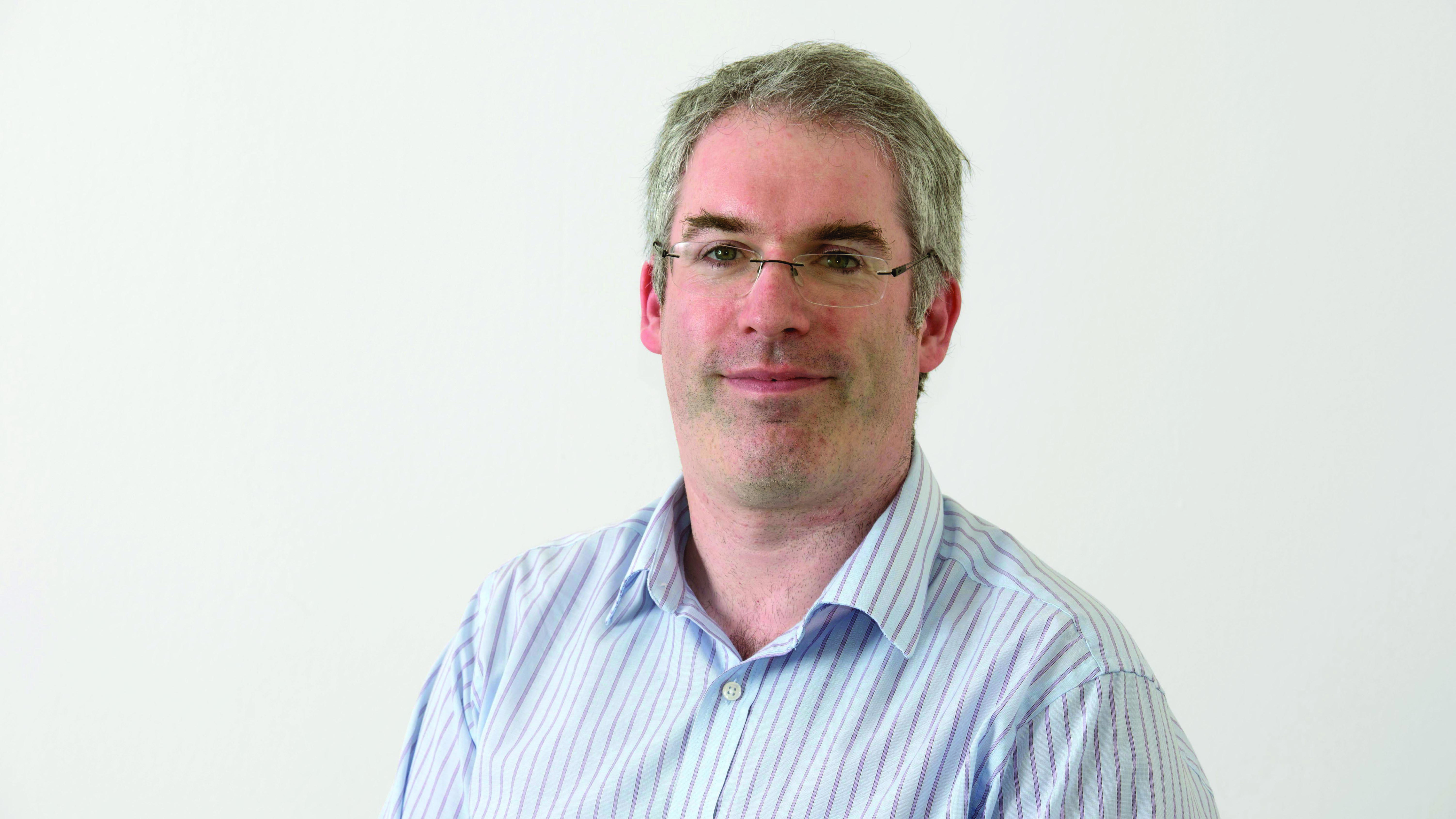When Andrea Howes hit the top of the consultant pay scale – combined with a pay uplift for taking on clinical director responsibilities – she was ‘rewarded’ with a substantial pension tax bill.
Her new salary meant that her pension growth went well above the annual allowance of £40,000 and led to a five-figure tax penalty.
‘For something that I’ve essentially got no control over at all – short of reducing my hours or coming out of the pension – I’m liable for a significant tax bill,’ she says. ‘And it’s likely that I’ll have exactly the same problem again this year.’
It didn’t seem possible that I could be having to pay back more than I’d paid inProfessor Hopkins
Dr Howes is a consultant radiologist and clinical director in a busy trust in the northwest of England, leading on skin cancer. She works 10 PA (professional activity) sessions per week, which is technically full time, but less than some of her colleagues.
She is very committed to her job and doesn’t want to go part-time – not least because she feels a strong moral and ethical responsibility to her patients.
‘I could probably afford to reduce sessions, financially,’ she says, explaining that some of her colleagues have already done so, specifically to avoid pension tax.
‘But there’s just too much work to be done in nuclear medicine. There are only two of us that do that subspecialty in our hospital, and there’s only two of us that cover the skin cancer service. So, if I cut sessions, we basically wouldn’t be able to continue to provide the services that we provide.’
Cutting sessions
Punitive pension charges are having a severe effect across the country, on individuals like Dr Howes, who has taken a personal financial hit, but also on services.
At a time when the NHS is struggling with an enormous treatment backlog, and a shortage of doctors in many specialties, individuals are looking at their options with many deciding to cut sessions or even retire early in an attempt to mitigate the pension tax issue.
Like many, Dr Howes elected to use ‘scheme pays’ – essentially borrowing from her pension to meet her bill, but she is aware this will affect her financially in future, particularly as she will have to pay interest on the sum borrowed.
This is a situation Professor Claire Hopkins knows only too well. It was in the financial year 2015-16 that she was landed with her first pension charge. She was hit by a ‘perfect storm’ when a bronze merit award coincided with the discovery that she had been underpaid in her first four years as an ENT consultant, and also a transition to the 2015 pension scheme.
‘It all came at once,’ she says. ‘That year I got a £78,000 charge against my pension for an increase in the annual allowance – and my salary that year was £96,000. In terms of the added value of my merit award over the five years it covered, I was charged more than the value of the award itself.’
Professor Hopkins, who is a consultant in ENT at Guy’s and St Thomas’ NHS Foundation Trust, and professor of rhinology at King’s College, London, used ‘scheme pays’ to meet the astounding bill, but the interest charged on that continues to deplete her pension pot.
I have a pension that has £200,000 plus interest in debt against itProfessor Hopkins
‘At first I thought it must have been a mistake. It just didn’t seem possible that I could be having to pay back more than I’d paid in, even with the employer’s contribution. I did have it checked, but that’s part of the problem – because the NHS pension is so complex, it’s almost impossible to find someone who understands it and can give assistance.’
But that wasn’t the end of it. ‘The £78,000 was pretty shocking, but every year since then I’ve had a charge of about £15,000 to £20,000,’ she says. ‘I turn 50 this year, and I’m not going to be retiring for some time, and I now have a pension that already has £200,000 plus interest in debt against it.
'I’ve also had some periods of maternity leave and working less than full time, so my average earnings are going to be dented by that. And if this carries on growing in terms of what I’m charging against scheme pays, I’m really concerned that by the time I come to retire I will have completely depleted my pension and there will be nothing left.’
Penalised for extra work
The charges are putting people off taking on additional responsibilities and work, she says.
‘I work until midnight most nights, and I am constantly exhausted,’ says Prof Hopkins, who conducts most of her research on a voluntary basis. ‘The NHS is a pretty tough environment to work in. It just doesn’t seem worth going over and above a 10-PA job when we’re being penalised for doing it.’
The ENT backlog is one of the worst, she adds, and while colleagues want to help, many feel they cannot take the financial risk. ‘We’re already working over and above a full-time contract, we’re already taking on things without pay. But when it comes to taking on extra sessions, there’s no incentive, partly because we’re all burned out and exhausted, and partly because we know it’s going to increase those charges against the pension.’
Doctors can take steps to mitigate exceeding the annual allowance and should take expert advice. Dr Howes has chosen that the remuneration for her clinical director responsibilities should be non-pensionable, for example, while Prof Hopkins has given notice that she intends to drop one session per week, taking her from 12 to 11.
‘I’m still working more than full-time, and I feel torn doing it because I know the pressure we’re under. But I want to try and pull myself out of this perpetual round of pension charges and get to a point where it doesn’t apply.’
 HOWES: Cutting sessions would mean services could no longer be provided
HOWES: Cutting sessions would mean services could no longer be provided
The level of public misunderstanding about NHS pensions is also a problem, she adds, with many people making the assumption that if someone is being charged, for example, £40,000 in a year, they must be earning at least £500,000 (rather than it being based on the perceived annual growth of the pension pot).
It is these misconceptions that make some doctors reluctant to talk openly about the effect the charges have on them.
Nadja (name changed) is a case in point. She would only speak to The Doctor on condition of anonymity because she had already been criticised on social media for daring to complain that her ‘gold-plated’ public sector pension was being hit by charges.
She received a ‘shock’ £37,000 bill that coincided with her hitting the top of the consultant pay scale and a clinical excellence award. She had also received some back pay because she had found out her male colleagues were being paid more than her, and had successfully challenged this.
‘As a result, my income that year went up quite substantially,’ she says. ‘I had no idea that it would have such an impact on my pension, and I’m sure lots of doctors are the same. You get these pieces of recycled paper from the HMRC saying you might owe them some money because of your pension contribution, but it doesn’t tell you what, and says you have to work it out for yourself. So, I had just been thinking that if they actually wanted my money they’d tell me in more detail, so I put it to one side.’
My manager knows now not to ask me to do extra because I can’t afford to earn more'Nadja'
A chat with a colleague made her realise she had to take it seriously, she adds, and she made contact with a pensions expert, who told her to go to the pensions agency to get the precise figures for each year.
‘I rang him and told them the numbers – reading them off like a child on the telephone – and he went very quiet, and said, “I’m sorry, I think you’re going to have a huge sum to pay”. And, of course, I’d ignored these forms – there were no threatening letters or anything – so I had missed the opportunity to use scheme pays for that year.’
As the sole breadwinner in her family, she didn’t have that sort of money ‘lying around’, she says, so she took out a loan to cover it. But the shock bill has had an effect on her willingness to take on additional work. ‘My manager knows now not to ask me to do extra because I can’t afford to earn more, when what it will mean is that I get another nasty surprise.’
 Robertson: ‘It becomes pointless to stay on’
Robertson: ‘It becomes pointless to stay on’
As a senior consultant, she worries that the pensions situation will drive those with the most experience out of the health service earlier than they otherwise would have retired. She is also concerned about the effect this will have on junior colleagues. ‘What I’ve learned over the last ten to 15 years is how to impart knowledge to juniors and to my patients in a way they will understand. Obviously, I still do this with my patients, but I probably don’t teach my juniors as much as I potentially could because I’m not there as much.’
She also worries about the backlog, but simply can’t afford to be charged more than she earns. ‘If I had the option, I’d work at weekends to catch up and make sure that patients don’t suffer a backlog, but with such big penalties, I simply can’t.’
The BMA has been calling for a reform of the rules for some time. In March, BMA pensions committee chair Vishal Sharma warned the UK parliament’s health and social care committee that the ‘counterintuitive’ pension taxes were forcing doctors to retire early or reduce their hours.
Losing doctors
Alan Robertson, a member of the pensions committee and joint deputy chair of the Scottish consultants committee, says that the health service is losing doctors with decades of experience because of the pension tax regime.
‘I’ve got colleagues in their mid-50s who would definitely have stayed until their 60s, but who are looking at going in the next couple of years – it becomes pretty pointless to stay on because you’re paying so much in tax that what you’re gaining for all that work is not that much. And that means the NHS is losing incredibly experiences people. It’s completely wrong.’
The BMA is encouraging members to write to their MPs and to elected members in the devolved parliaments to call for pension tax reform. It also runs regular webinars for members to keep them up to date – and advises doctors to be aware of their own particular pension situation and to do their best to mitigate the charges, such as timing applications for discretionary points or clinical excellence awards so that they don’t coincide with a pay increment.

Think carefully
A senior medical academic is advising doctors to think carefully about their pension arrangements if they are moving to an academic post.
Peter Dangerfield, co-chair of the BMA medical academic staff committee, says changes to the USS (universities superannuation scheme) might make it less advantageous for doctors than it was previously.
This is partly because the salary threshold in the USS is reducing from just under £60,000 to £40,000. Retirement income benefits will only be available on salary up to this point. Contributions beyond that point will go into a separate investment scheme, which is a defined contribution rather than a defined benefit.
‘A majority of doctors earn a lot more than £40,000 so that’s a major problem because it will diminish the benefits to members and undermine the principle of pay parity [between the NHS and universities],’ says Dr Dangerfield. ‘The simple message is that if you are thinking of moving from the NHS scheme to the university scheme, think very carefully about it, and look at the implications.’
The BMA website has information about pensions and the organisation holds regular webinars on different pension-related topics.

